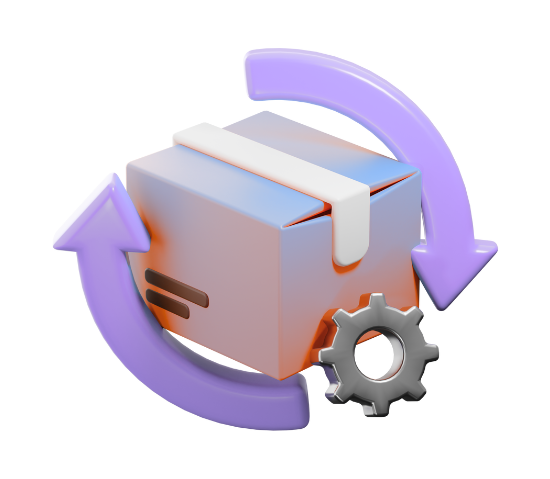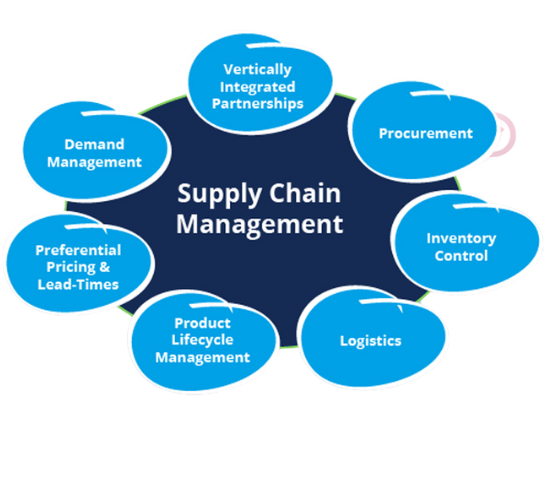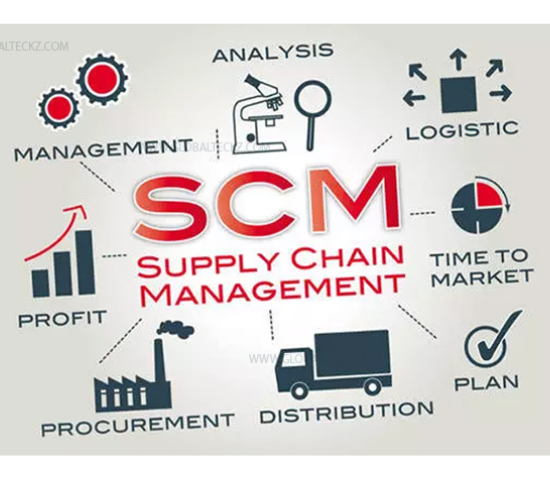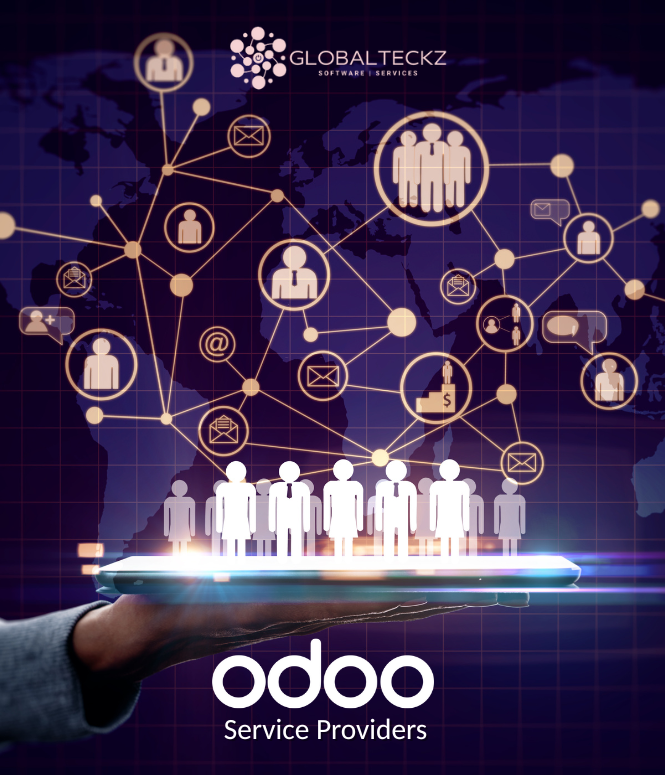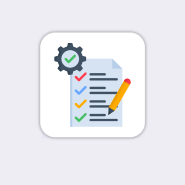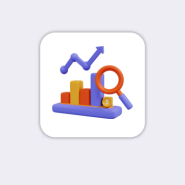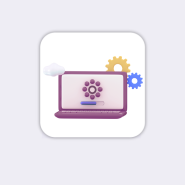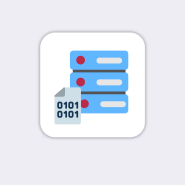Driving Sustainability & Efficiency Through ERP Systems
ERP systems enhance sustainability and foster intracompany collaboration, enabling manufacturers to innovate while maintaining transparency across departments. This transparency ensures improved internal controls and external compliance across operations.
For instance, one of our clients in the small manufacturing sector implemented Odoo ERP and achieved a 95% on-time delivery rate. They also reduced excess raw material costs by 65% and shortened their production lead time from 25 days to just 5 days.
Furthermore, the improved distribution and supply chain departments directly contributed to more efficient production and higher customer satisfaction—an essential factor in long-term business growth and market competitiveness.

